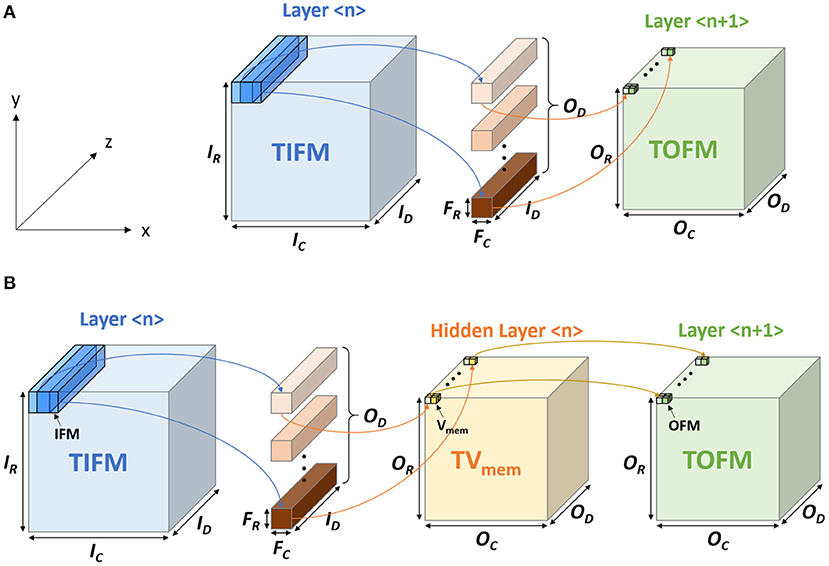

Some computers have now crossed the exascale threshold, meaning that they can perform as many calculations in a single second as an individual could in 31,688,765,000 years. Those smart machines are getting faster and more complex.

Machines- smart machines at that-are now just an ordinary part of our lives and culture. Personal calculators became widely available in the 1970s, and by 2016, the US census showed that 89 percent of American households had a computer. The work of Turing and others soon made this a reality. Twentieth-century theoreticians, like computer scientist and mathematician Alan Turing, envisioned a future where machines could perform functions faster than humans. This curiosity has helped turn science fiction into actual science. And yet, despite their seemingly endless utility, humans have long feared machines-more specifically, the possibility that machines might someday acquire human intelligence and strike out on their own.īut we tend to view the possibility of sentient machines with fascination as well as fear. From the wheel that revolutionized agriculture to the screw that held together increasingly complex construction projects to the robot-enabled assembly lines of today, machines have made life as we know it possible. Our species wouldn’t have gotten very far without our mechanized workhorses. Humans and machines: a match made in productivity heaven.


 0 kommentar(er)
0 kommentar(er)
